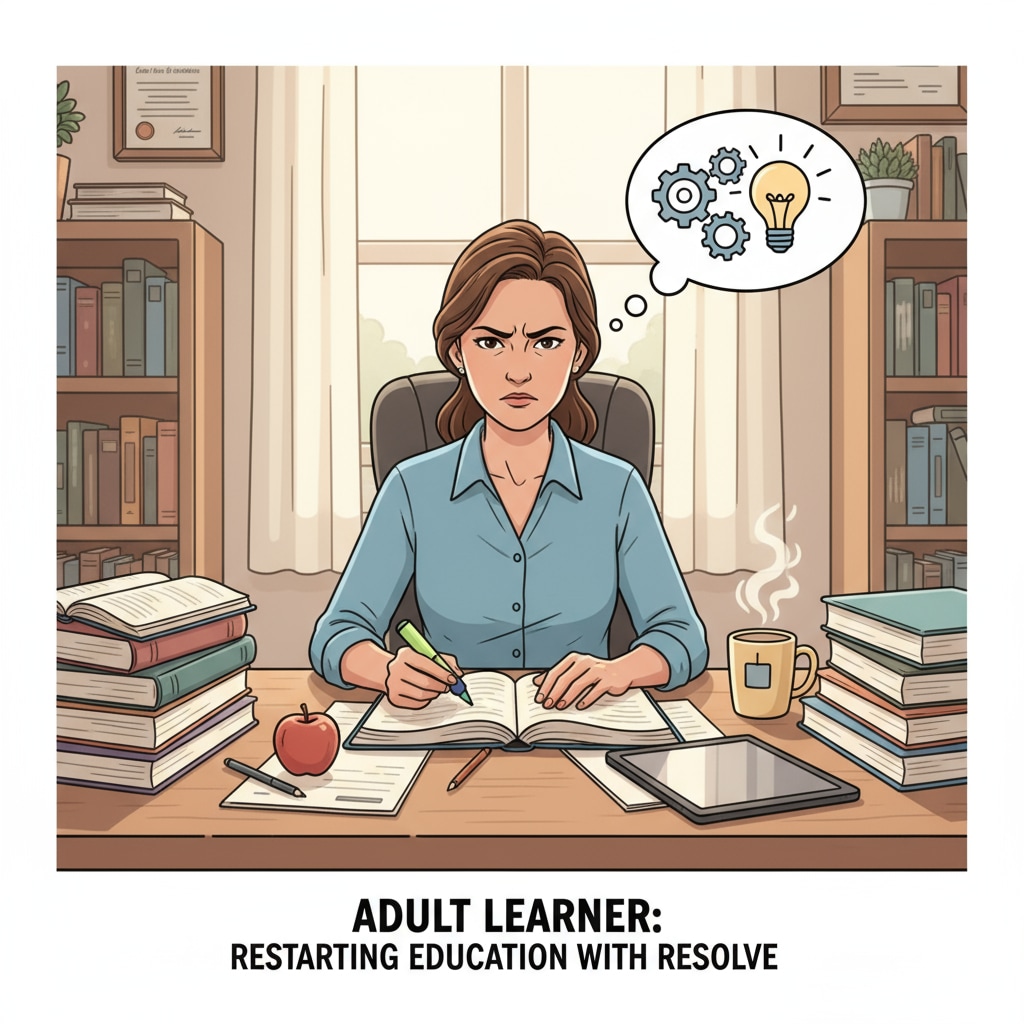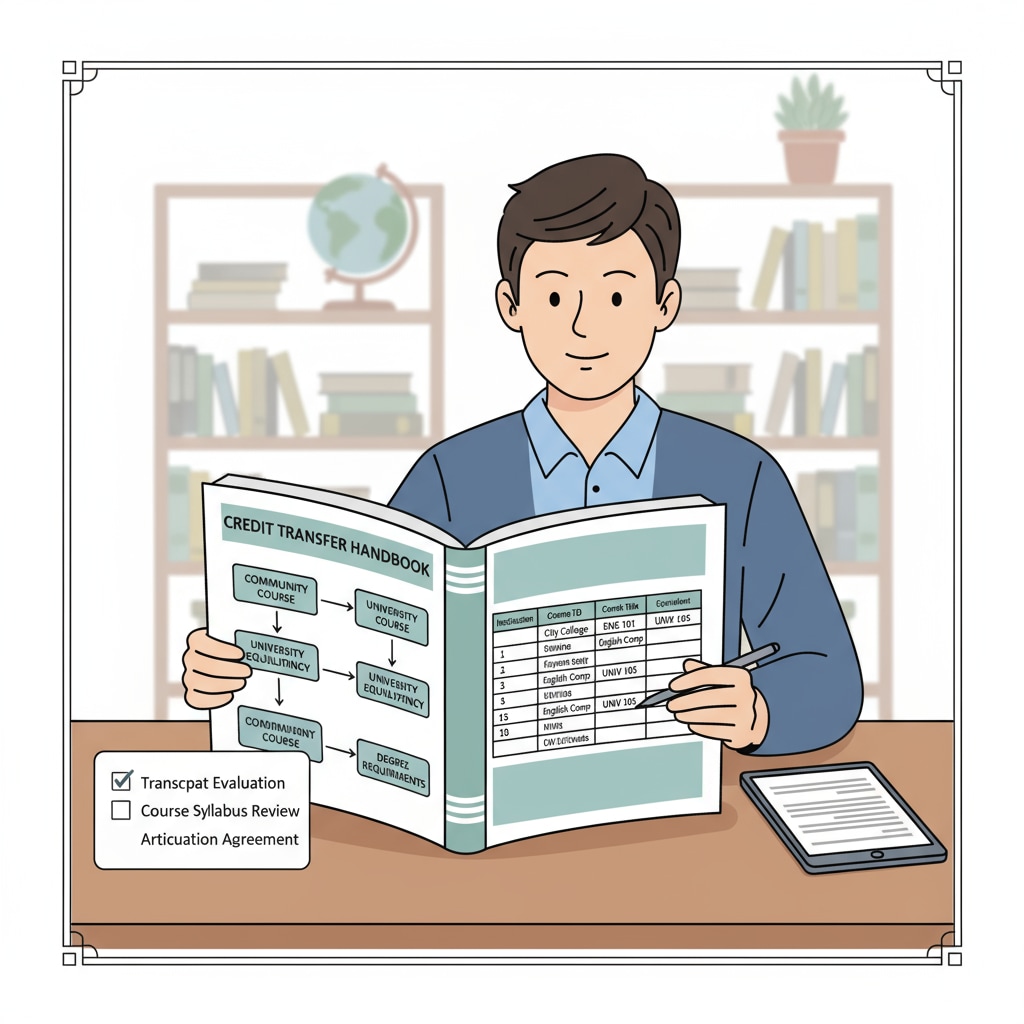Degree completion, credit transfer, and continuing education are crucial aspects for adult learners who have faced an interruption in their academic journey. Take, for example, the case of a 26-year-old student who had to pause their studies due to unforeseen circumstances. This situation is not uncommon, and many adult learners find themselves in a similar predicament.

But there are ways to navigate through these challenges and get back on track towards achieving educational goals.
Understanding Credit Transfer Hurdles
One of the first obstacles adult learners encounter when resuming their education is credit transfer. Different institutions have varying policies regarding the acceptance of credits earned elsewhere. For instance, some universities may require a detailed evaluation of the courses taken at a previous institution. This evaluation often involves comparing the course content, learning outcomes, and the level of study. As a result, it can be a time-consuming process. However, with proper research and communication with the new institution’s admissions office, learners can increase their chances of a smooth credit transfer. American University’s Transfer Credit Guidelines provides useful insights into the credit transfer process.

Exploring Continuing Education Options
Continuing education offers a wide range of opportunities for adult learners. There are online courses, which provide flexibility in terms of time and location. For example, platforms like Coursera and edX offer a plethora of courses from top universities around the world. In addition, part-time and evening programs at local colleges and universities are also great options. These programs allow learners to balance work and family commitments while pursuing their education. Moreover, vocational and professional training courses can be an excellent choice for those looking to enhance their skills in a specific field. Britannica’s Definition of Continuing Education gives a comprehensive overview of this field.
To successfully complete a degree after an interruption, adult learners need to plan strategically. This includes setting clear goals, creating a study schedule, and seeking support from academic advisors. By taking these steps, they can overcome the challenges and achieve their educational aspirations.
Readability guidance: In this article, we have presented the challenges and solutions related to degree completion, credit transfer, and continuing education for adult learners. The short paragraphs and lists help to summarize key points. We have also used appropriate transition words to make the flow of the article smooth.


